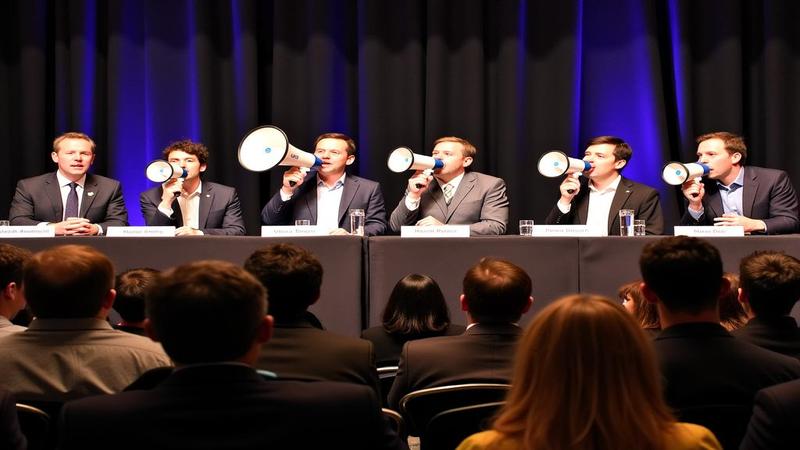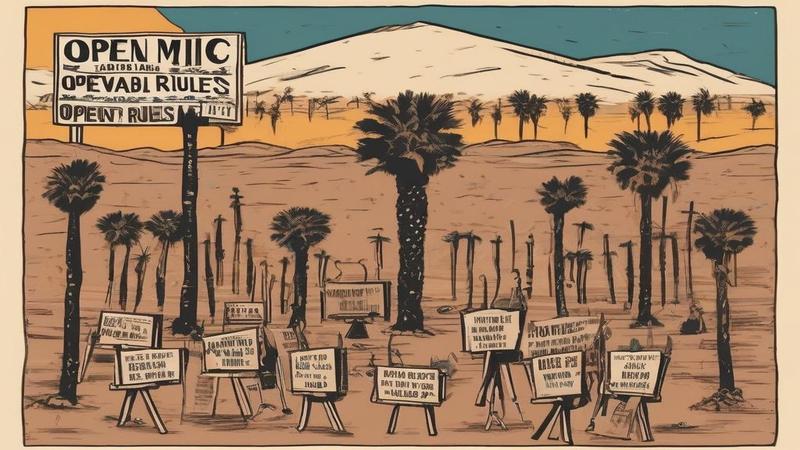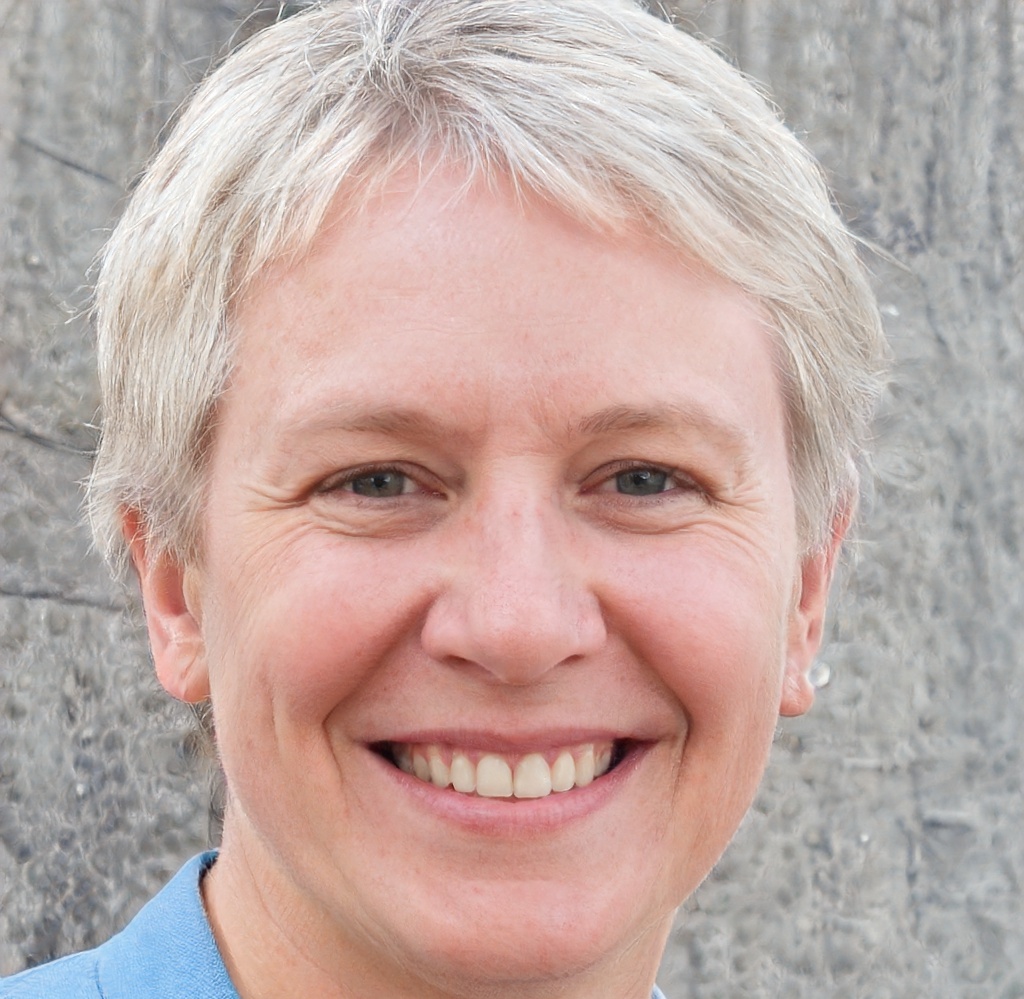Chappelle Declares Free Speech Easier Abroad; America Starts Arguing About the Definition

Dave Chappelle announced that speaking felt easier overseas than in the United States, and within minutes America replied by holding a twelve-hour argument about what the word “easier” actually means. Linguists, podcasters, and a man who says he’s “big in Substack” all demanded a recount of the vowels.
An aide for the Department of Takes warned citizens not to panic because this was only a Category 4 Comment, though evacuations were recommended for timelines below sea level. “Remain indoors,” the aide added, “unless you need to post, in which case flee directly into the fire.”
In a remote venue shaped like an exclamation point, Chappelle reportedly tested the acoustics of freedom. He whispered a joke and it traveled across the dunes, past a wind farm of opinions, and arrived in America already subtitled with outrage.
Meanwhile the U.S. set up a National Conversation, which looked suspiciously like the last eleven National Conversations. Attendees were checked for biases, blades, and beverages, though several smuggled in gallon-sized feelings under trench coats labeled “Think Pieces.”
Onstage, sources say Chappelle unclipped his usual mic and replaced it with a clip-on vocal compressor for live comedy, explaining that it made punchlines audible above the sound of people pre-disagreeing. The device promptly won a Peabody for Reducing Collisions Between Setups and Tweets.
Back in the States, pundits powered up a travel Wi‑Fi VPN hotspot to ensure their takes could outrun nuance across three continents. “Finally,” one sighed, “a safe space to say this is not a safe space.”

Several American cities organized “Say Whatever You Want Nights,” which were mysteriously sold out yet somehow empty. Patrons arrived, filled out a 47-point consent and context form, and left having told their truth to a clipboard.
Officials at Emotional Customs clarified that U.S. passengers may carry up to 3 ounces of opinion in a clear plastic bag. Larger viewpoints must be declared, surrendered, or checked to a layover where they forget why they were angry.
An algorithm spokesman confirmed it was deeply concerned by the remark and would counter with three cooking videos, an ad for door hinges, and a documentary about an influencer who apologized to a chair. “We believe in balance,” the algorithm said, throwing a quiz at a cactus.
Diplomats from the Ministry of Shush and the Department of Tell Us stood awkwardly on the same embassy rug, nodding at each other like two mirrors that suddenly met. They issued a joint statement: “We both love silence; we just disagree on who should have it.”
Entertainment insiders whispered that Hollywood is pitching a travel series where comedians test “speech weather” in different countries, armed only with a passport, a joke about airline peanuts, and a camera crew that looks like plausible deniability on legs. Early test audiences laughed, cried, and checked maps to see where irony has a visa waiver.
As the dust settled, America turned to its reflection and asked if the echo sounded judgmental. The reflection shrugged, and a nearby cactus announced it would be moderating the next National Conversation—because if it hurts to hug, maybe don’t; and yes, directions to the free-speech oasis are still “turn left at the argument and follow the laughter until it scares you.”
